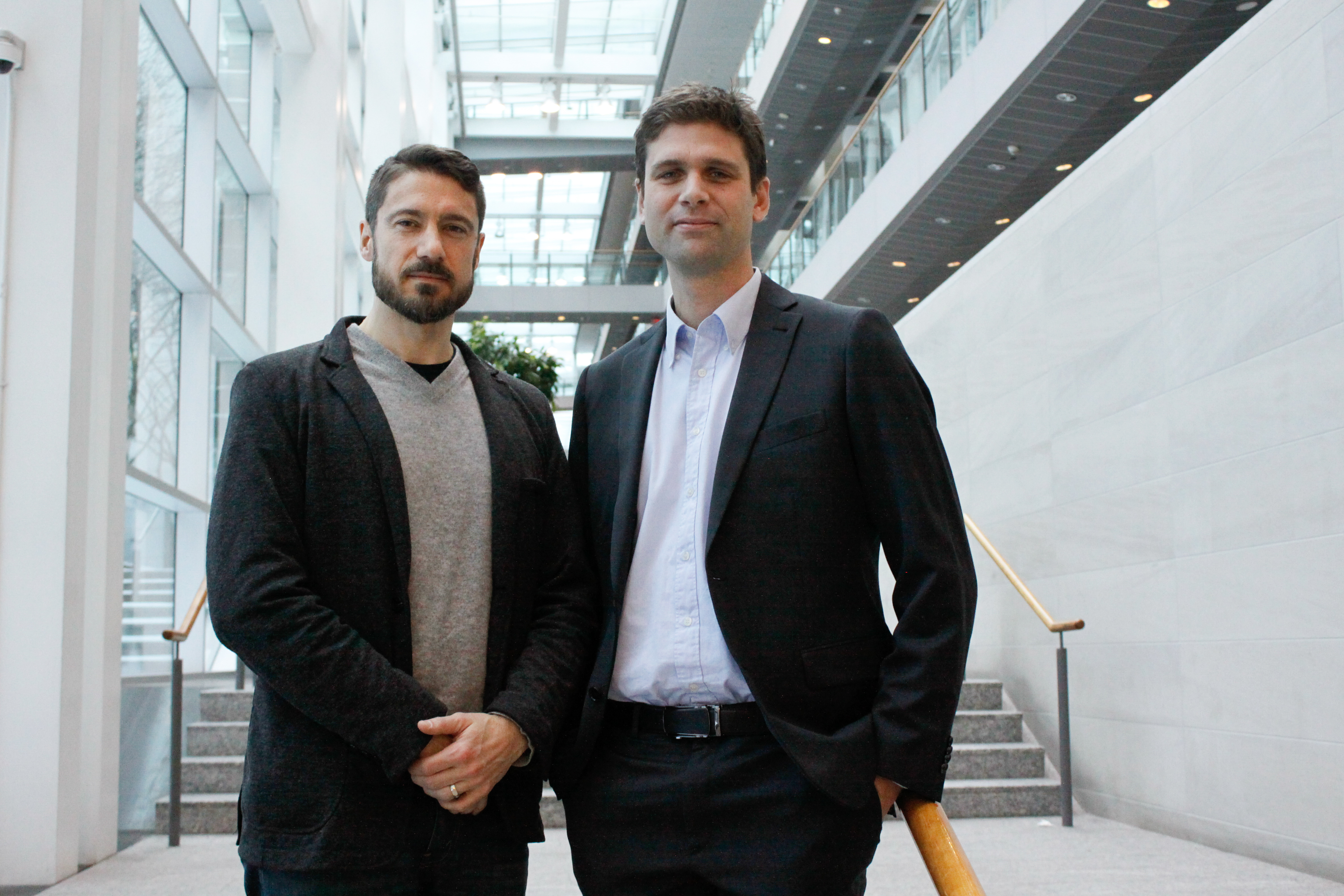A new computational resource by a group of TFRI-funded researchers in Toronto may one day provide some answers about how patients respond to radiation therapy before their treatment begins.
Recently presented in a paper published in Cancer Research (September 2019), RadioGx, is a richly annotated, open-source computational tool that combines genomic profiles of tumours with their response to radiation therapy. It will allow scientists to mine large amounts of data in search of genetic biomarkers that indicate how patients respond to treatment, which could help personalize therapies for cancer patients in the near future.
“RadioGx characterizes the biological pathways related to radiosensitivity in a large compendium of cell lines derived from multiple cancer types,” said Dr. Benjamin Haibe-Kains who, along with Dr. Scott Bratman, led the team of bioinformaticians at the Princess Margaret Cancer Centre in Toronto that created RadioGx. “We hope that it will serve as a robust hypothesis generation toolbox to advance preclinical research for radiation oncology and precision medicine.”
Over the last few years, precision medicine has emerged as a promising framework for cancer research and care with a focus on providing patients with the right treatment at the right time for their particular cancer. But making it a reality depends on our ability to analyze large amounts of clinical and genomic data to show who responds better to certain therapies.
In this context, RadioGx will help advance precision medicine in two ways: by allowing researchers to search for molecular predictors of response to radiation therapy and by helping them find new molecular targets that could be exploited through combination therapies to make cancer cells more sensitive to radiation.
“The discovery of predictive biomarkers and chemical radiosensitizers will provide improved therapeutic strategies and a new way for clinicians to personalize treatment for their patients,” said Dr. Haibe-Kains.

Photo: Drs. Scott Bratman and Benjamin Haibe-Kains.
Study
Modeling cellular response in large-scale radiogenomic databases to advance precision radiotherapy
Authors
Venkata SK Manem, Meghan Lambie, Ian Smith, Petr Smirnov, Victor Kofia, Mark Freeman, Marianne Koritzinsky, Mohamed E Abazeed, Benjamin Haibe-Kains and Scott V Bratman
Funding
This study was partially funded by a Terry Fox Translation Program Grant to the ImmunoTherapy NeTwork (iTNT)